Rangamati, July 17 (V7N) — While public confidence in Bangladesh’s law enforcement has plummeted in the wake of the July political unrest, Rangamati district police have emerged as an exception—demonstrating remarkable professionalism, efficiency, and community trust. The force has solved three complex murder cases in just a few months, drawing rare public praise during a time when the institution faces intense national criticism.
Among the most high-profile cases was the brutal murder of poultry trader Mamun from Kawkhali, whose dismembered body was found on July 15 in a forested area of Kolompati Union’s Nailachhari neighborhood. Detectives tracked down the prime suspect—Mamun’s former employee, Md. Kamrul Islam—from Lakshmipur and arrested him. Based on his confession, the police recovered the hidden body and arrested Kamrul’s wife, Sathi Akhter, as a co-conspirator.
Mamun, a resident of Adarshagram in Kawkhali, was abducted on July 7. Police say he was drugged and murdered the same night. His killers then cut the body into pieces, packed it into sacks, and buried it in a remote area. Mamun's wife filed a missing person report on July 8, and within a week, the case was cracked through a combination of fieldwork and digital forensics. The suspects provided full confessional statements under Section 164 of the Criminal Procedure Code before a magistrate the same day the body was recovered.
This case adds to a growing list of recent police successes in Rangamati. In April, the decomposed body of a woman named Khadija Akhter was found in a rented house in the Reserve Bazar area. Within three days, police tracked and arrested the accused, Jamal Hossain Molla, from Khulna. He later led investigators to the murder weapon.
In February, the murder of a transgender individual named Sheela in Kawkhali’s Betbunia was also swiftly resolved, with the killers—reportedly close acquaintances—taken into custody.
Beyond murder investigations, the Rangamati police have carried out several other notable operations. These include:
Arrests tied to communal violence in September,
Seizure of illegal foreign cigarettes worth Tk 16 crore,
Large-scale confiscation of ganja and moonshine liquor,
Consistent crackdowns on drug traffickers,
Arrests in sexual assault and rape cases,
Detention of at least 26 suspects under “Operation Devil Hunt.”
These efforts have established Rangamati as one of the more secure districts in the Chittagong Hill Tracts, a region otherwise vulnerable to political tension, trafficking, and communal flashpoints.
At the center of this transformation is Dr. S.M. Farhad Hossain, who took charge as the Superintendent of Police nine months ago. His appointment came during a period of heightened communal tension, and his immediate actions—with coordination from civil and military authorities—averted further escalation. Under his leadership, Rangamati police have regained the confidence of the public through methodical investigation, proactive enforcement, and visible results.
Dr. Farhad, an academically accomplished officer, has received both praise and criticism. While some in Rangamati’s civil society commend his focus and resolve, others say he maintains a reserved public persona, is difficult to access, and occasionally meets with politically controversial figures. However, most observers agree that these concerns have not impacted his operational effectiveness.
Critics note that his restricted office environment—reportedly harder to access than a military installation—and lack of public interaction might not align with the image of a “people-friendly” police force. But others argue that this is a minor issue given his demonstrable success in maintaining law and order.
Since his arrival, Dr. Farhad’s tenure has seen a tangible improvement in the district’s security, placing Rangamati among the top-performing zones for crime resolution in the country.
Police have confirmed that Mamun’s murder was motivated by a business dispute. Kamrul Islam and his wife, after executing the murder, fled the area. Kamrul was arrested on the night of July 14 in Lakshmipur. His statement led police to Mamun’s buried body, and further investigation uncovered the involvement of his wife.
These cases collectively highlight how swift action, proper use of technology, and committed leadership can restore public trust in policing—an urgent necessity in today’s Bangladesh. The people of Rangamati now look to their district police as a model of efficiency and integrity, hoping that such professionalism will set a new standard nationwide.
END/AMR/SMA/



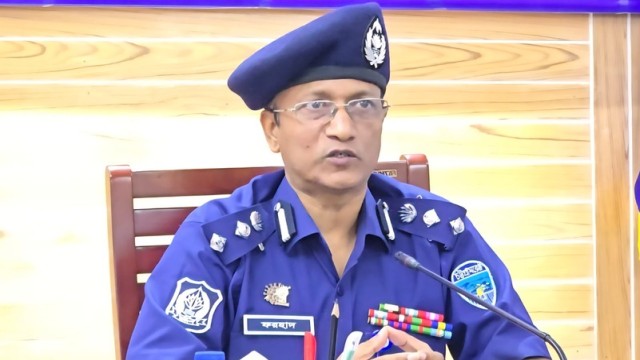
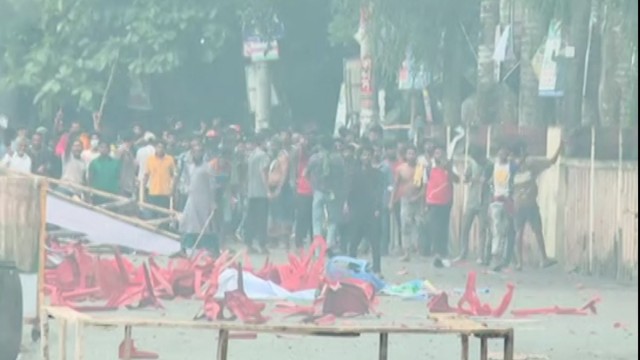


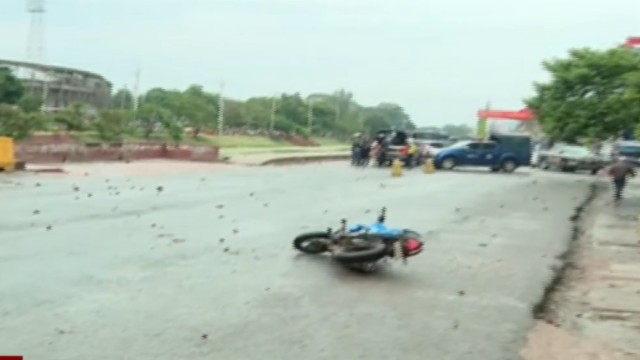

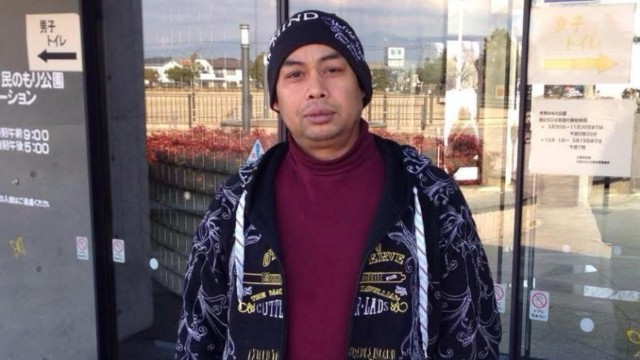



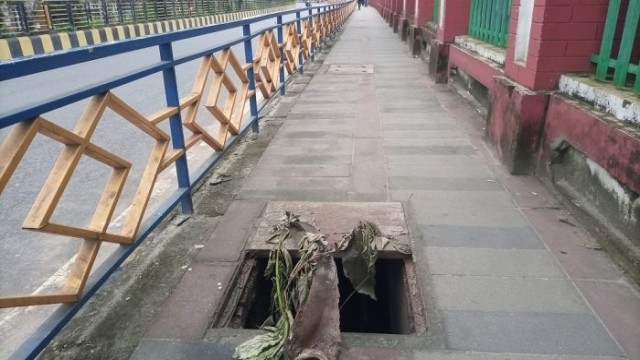
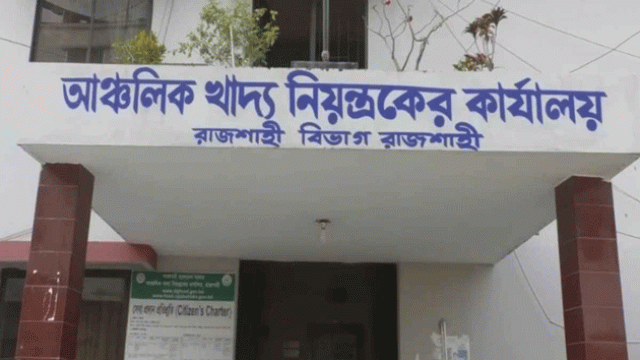
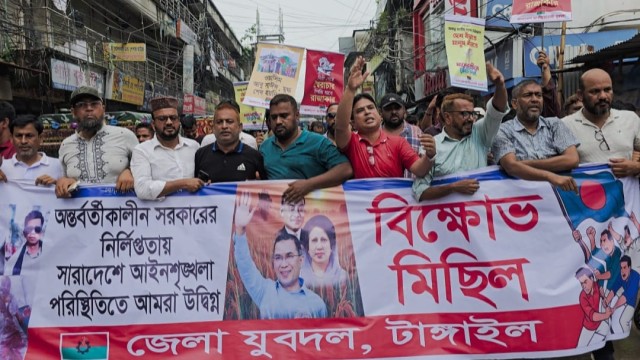
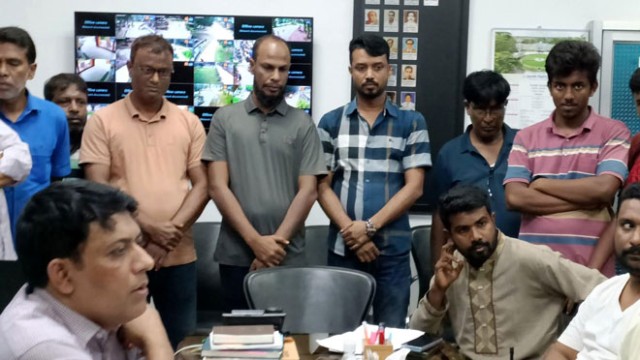

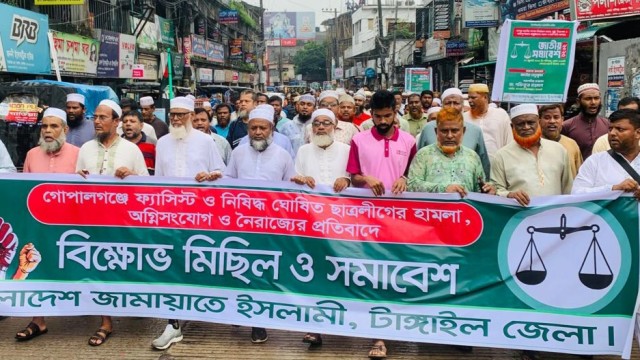

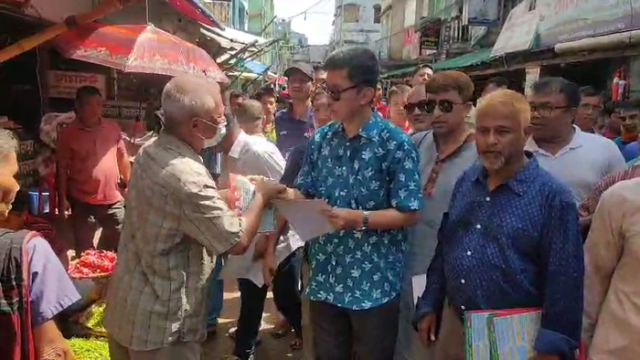
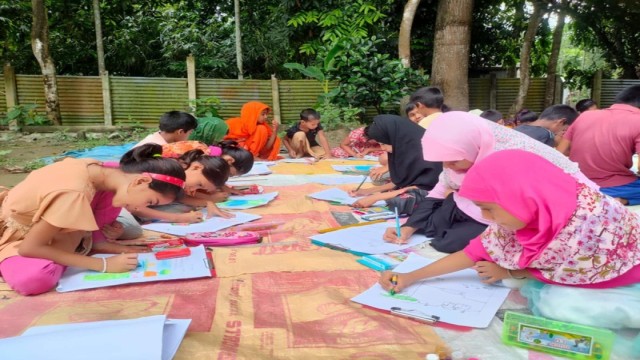
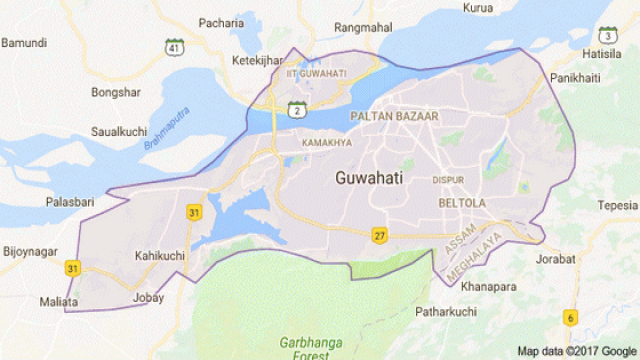
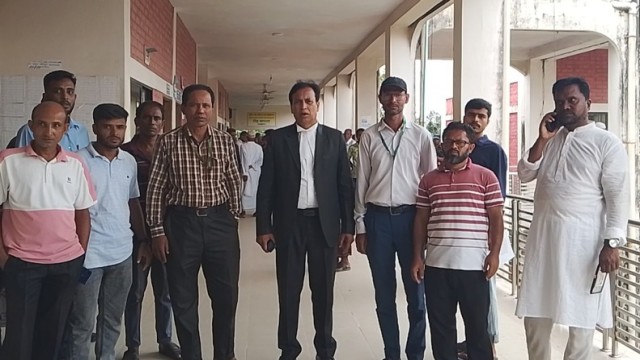

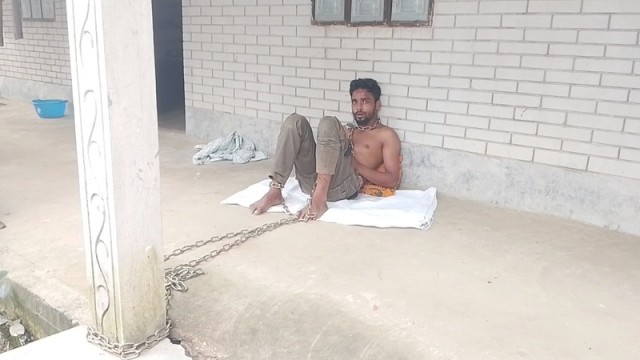
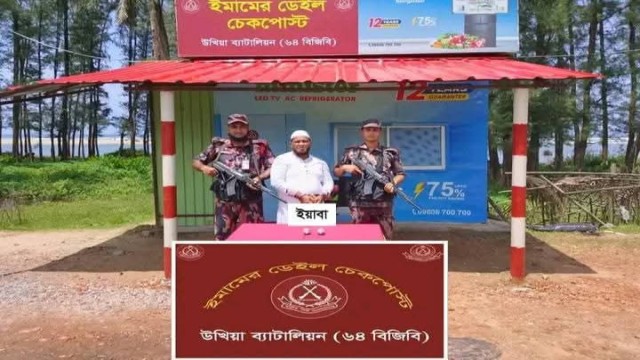
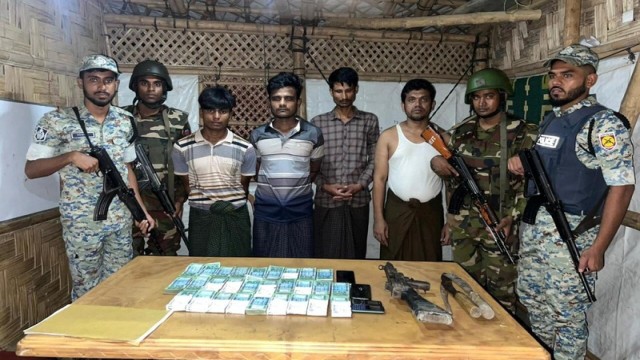
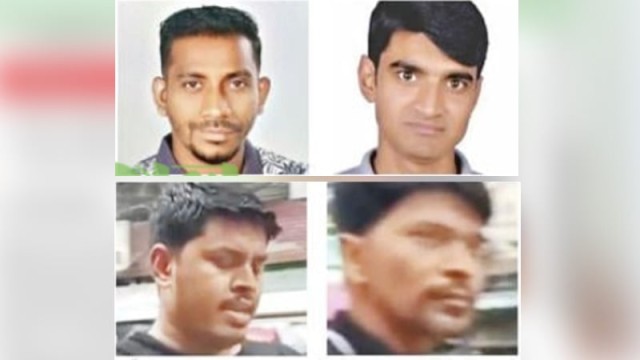
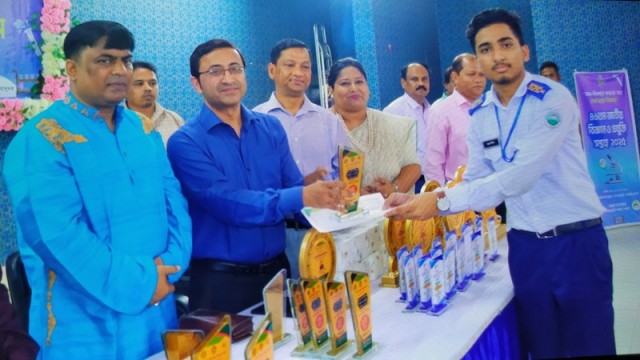
Comment: